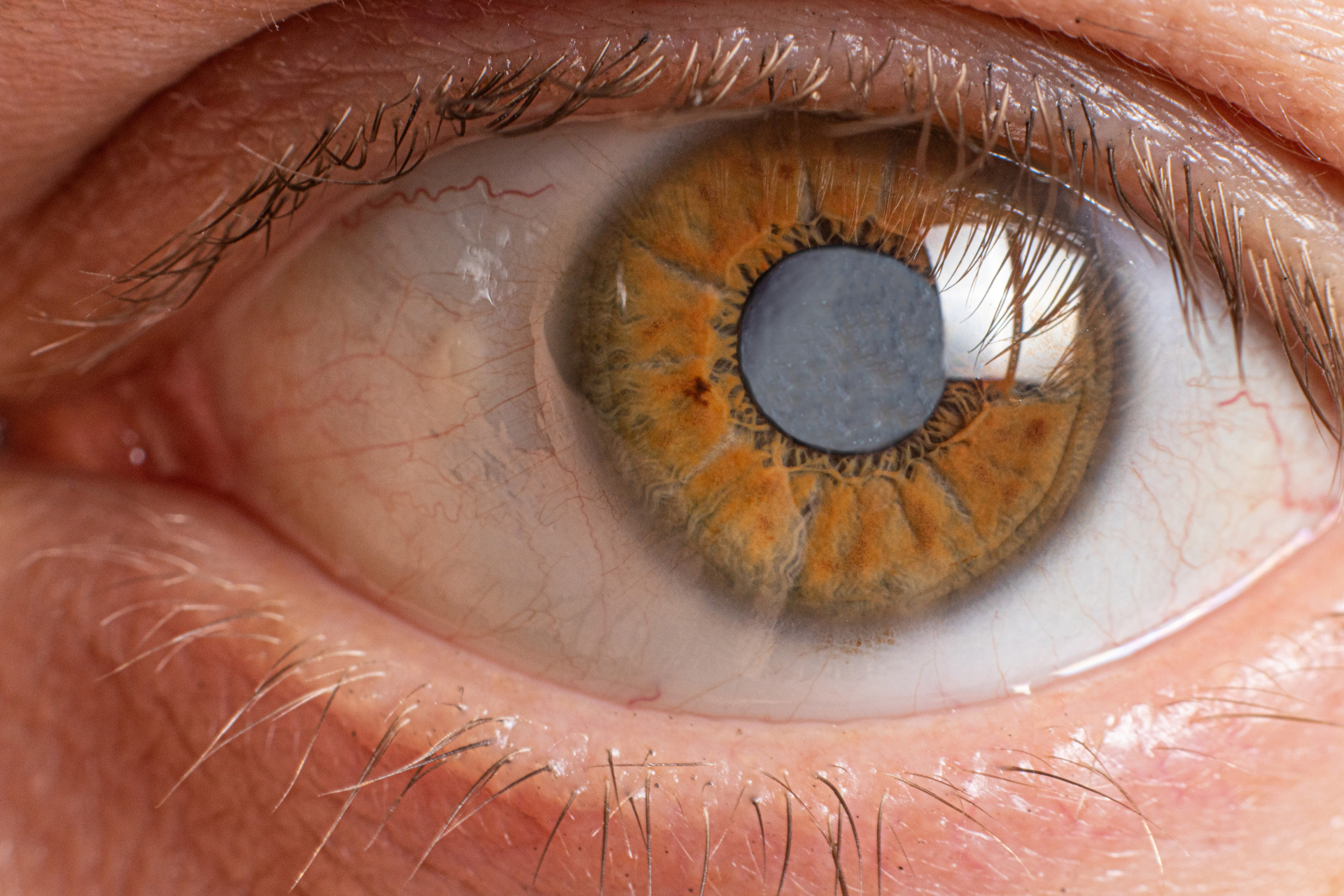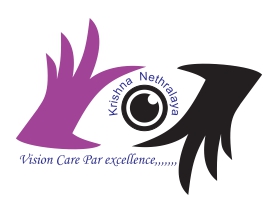Home > Cataract
On this page, we will try to reduce your worry by discussing on the relevant aspects of cataracts. A cataract is a problem in the eye that develops with old age. Studies have shown that there is nothing to worry about a cataract


Millions of people across the world have developed cataracts, and surgery has effectively cured the problem. Hence, it can be said safely that proper treatment of cataracts will reduce the chances of blindness.
Nowadays, cataract has become a common vision problem. Layers of protein develop on the lens of the eyes. As a person grows old, the accumulated protein makes the vision blur causing cataracts. Such a condition should not be neglected. The person should immediately visit an ophthalmologist for cataract treatment. If not treated on time, cataracts can lead to blindness.
Advancement in the field of medical science has made cataract surgery convenient. The early symptoms of having a cataract are when the natural lens becomes cloudy or hazy. An artificial lens takes the place of a natural hazy lens to regain clear vision. Our experienced professionals are here to help you with a personalized plan that suits your needs. Their expertise will ensure that you get back the best vision as you go through a comfortable journey of cataract treatment
Phacoemulsification is a modern procedure that has reduced the complexities associated with cataract surgery. At the beginning of the surgery, a specially designed machine removes the natural lens affected by cataracts. The machine is equipped with a probe that emits ultrasound energy to break the cataract-affected lens into small fragments. These fragments are then removed through suction. The process ensures that the capsule of the natural lens stays intact. Finally, the implantation of the foldable intraocular lens takes place in place of the cataract-affected lens helping patients to regain clear vision. Phacoemulsification has helped patients to recover in minimum time by undergoing a painless surgical experience.
MICS is a variation of phacoemulsification. The doctor makes a smaller incision at the surface of the eye that leads to the cataract-affected lens. The dimension of the cut through this process is between 2.2 to 2.4mm. Such a minute cut helps in faster healing by minimizing the chances of complications.
FLACS is another modern invention of the surgical process for removing cataracts. It uses a laser machine to make the cut that leads to the eye capsule. The laser machine makes the cataract soft by liquefying the nuclear. Hence, the operative phase is smooth, ensuring negligible harm is caused in the optical region. It also gives a clearer vision to the patients in the minimum time.
Small incision cataract surgery or SICS is a modern-day invention of removing cataracts through surgery. This surgical method replaces the lens that has been affected by a cataract with an artificial lens. The smaller size of the cut during surgery helps in faster healing and quick recovery of the patients.
The best way to prepare before surgery is by following your doctor’s advice. There will be certain limitations on the consumption of food and beverages. The doctor can recommend medications as per the condition of your eyes. Also, ask your family members or your friends to accompany you back home after the surgery. Also, arrange transportation beforehand to avoid hassle after the Surgery.
Inform your doctor if you are suffering from any health issues before surgery. Based on your health requirement, your doctor will suggest to you the medicines that you need to continue or discontinue before the Surgery.
Wearing comfortable and loosely-fitted clothes during the surgery is important. Also, wear clothes that have a front button or zip. Some clothes need to be pulled through the head for removal. Avoid wearing such clothes. While removing such clothes after Surgery, they may cause harm to your eyes
It takes around 30 minutes to complete Cataract Surgery. But there are various procedures that go on before and after the Surgery. So, do not hurry during and after the Surgery to avoid unfavorable occurrences related to your eye.
Your doctor prescribes eye drops to take optimum care of your eyes. Before the Surgery, continuation of eye drops is important to avoid eye infections. Your doctor will guide you on the dosage and number of times you will be using the eye drop.
Feeling a little uncomfortable post-surgery is normal. Some patients might feel minor irritations like itching. At the same time, others might experience an eyelash or foreign particles that have gone inside the eyes. At times there can be redness or soaring in the eye. As you get used to your artificial lens, such discomfort will reduce.
Your doctor will prescribe you eye drops for reduced chances of eye infection. Avoid touching and rubbing the eyes frequently. Also, after the initial days of Surgery, wash your face and bath carefully to avoid the inflow of water inside the eyes.
Yes, you can eat after Surgery. Eat light food to avoid digestive troubles. If you have diabetes, ensure that you are carrying diabetic-friendly food with you to avoid any health complexities.
After the initial phase, you can start normal activities like brisk walking or reading for a few minutes a day. But do not start strenuous activities without your doctor’s advice. Lifting heavy loads or bending might exert pressure causing complications after the Surgery.
Cataracts will not cause blindness if treated on time. However, ignoring the symptoms of Cataracts is not sensible. The natural eye lens becomes more blurred with time. This causes gradual vision loss. Also, as the cataracts mature, the lens turns white. In such a condition, the person can only distinguish between light and darkness, leading to blindness. Visit an ophthalmologist to ensure proper diagnosis and minimized the chances of blindness.
You will feel discomfort while seeing. You may find it difficult while driving or reading books. Some of the symptoms are-
Phacoemulsification is a reliable and one of the best types of Cataract Surgery. Commonly known as ‘Phaco,’ the process includes the placement of foldable intraocular lenses inside the eyes. This artificial lens takes the place of the natural lens and helps patients to regain clear vision.
Cataract surgery is the safest and most reliable method for ensuring clear vision. In rare occurrences, patients might feel irritation after the Surgery. But such discomfort gradually declines with time. We use modernized instruments for ensuring you a safe and painless experience of surgery.
Stay connected with the latest advancements in eye care and receive exclusive insights by subscribing to our informative newsletter

Discover unparalleled eye care at the best eye hospital in Yelahanka. Our renowned facility, led by the best eye doctors in Yelahanka, is dedicated to preserving your vision and enhancing your ocular well-being.
Copyright © 2022. All rights reserved by krishna nethralaya